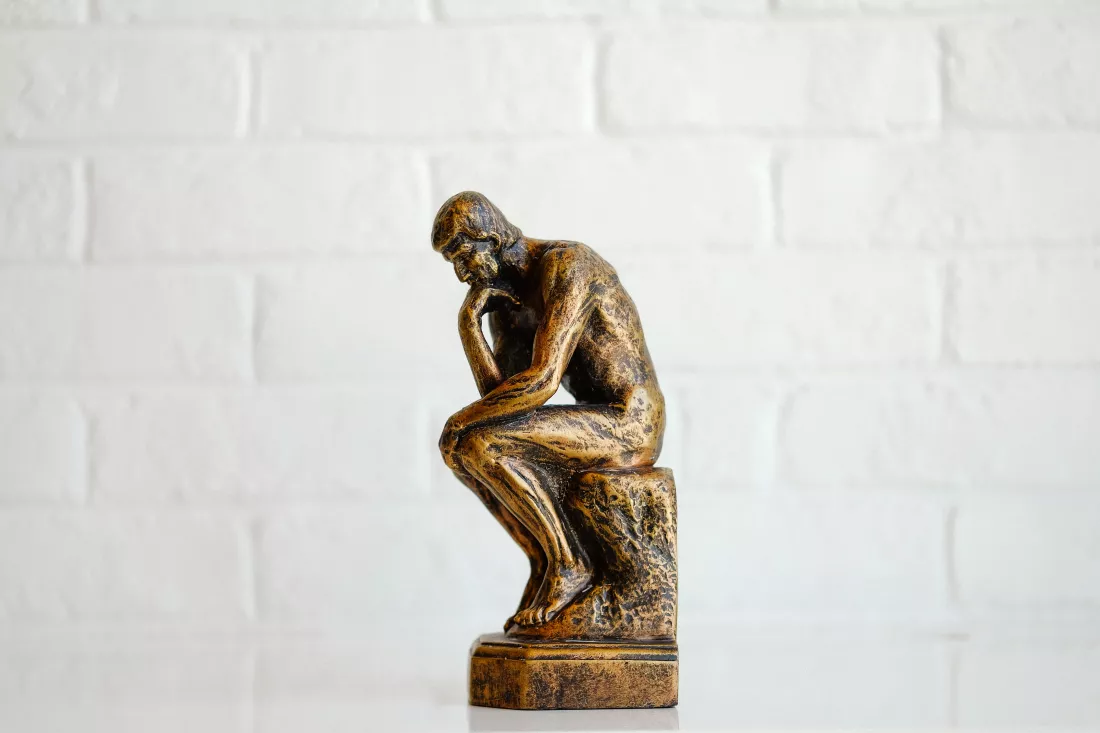Where there have been powerful governments, societies, religions, public opinions, in short wherever there has been tyranny, there the solitary philosopher has been hated; for philosophy offers an asylum to a man into which no tyranny can force it way, the inward cave, the labyrinth of the heart.
Friedrich Nietzsche, Untimely Meditations, trans. Hollingdale, “Schopenhauer as educator,” § 3.3, p. 139
